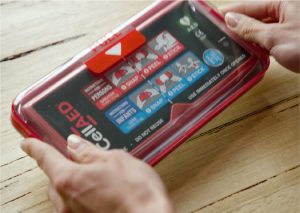CellAED® is now available
to order
One person dies every 5.25 seconds of sudden cardiac arrest
Our mission is to save lives from sudden cardiac arrest around the world
Closing the Survival Gap
Good people around the world dedicate their working lives in pursuit of an effective “Chain of Survival” for people who suffer an out-of-hospital cardiac arrest (OHCA).
The Survival Gap between OHCA and ambulance arrival is a broken link in this chain. In many regions, ambulances arrive between 11-15 minutes after receiving an emergency call – however, the time between four and nine minutes is the Survival Gap.
It’s this window of time that presents the best opportunity to improve the chances of survival in the event of an OHCA.
For every minute without defibrillation following a sudden cardiac arrest, your chances of survival decrease by 10 per cent. It is because so many people don’t get treatment within minutes of an OHCA that we lose more than six million people around the world every year.
We need to change what happens during those minutes that count, and transform the way we respond to OHCA.
Rapid Response Revival is committed to solutions that help change the way we respond to OHCA.
We are dedicated to empowering people around the world with the knowledge, tools and confidence to act in the event of an OHCA.
Through new technology, our vision is to improve access to easy-to-use and affordable equipment that facilitates improvements in the application of early CPR and defibrillation for OHCA patients around the world.
Early
Access
Early
CPR
Early
Defibrillation
Early
Advanced Care
(eg. Paramedics)


Lead with Care

Think Smart

People First

Never Settle

Lead with Care
Lead with Care
We treat each other with respect and embrace our diversity.

Think Smart
Think Smart
We dare to be different, innovating through embracing the unknown.

People First
People First
Our people and our community are the centre of everything we do.

Never Settle
Never Settle
Our mission is to improve the survival rate of SCA and always go the extra mile

Lead with Care

Lead with Care
Lead with Care
We treat each other with respect and embrace our diversity.

Think Smart

Think Smart
Think Smart
We dare to be different, innovating through embracing the unknown.

People First

People First
People First
Our people and our community are the centre of everything we do.

Never Settle

Never Settle
Never Settle
Our mission is to improve the survival rate of SCA and always go the extra mile.


News

Would you know how to save a loved one’s life?
Would you know how to save a loved one’s life? Fewer than 1 in 5 people in the UK would know how to use a defibrillator in the event of

World’s first personal defibrillator launches in the UK
World’s first personal defibrillator launches in the UK At up to one tenth of the price, size, and weight of conventional AEDs, CellAED® is designed to reduce unnecessary deaths from

Benjamin’s story: “I went to my knees. Then it goes black.”
With his whole life ahead of him, 17-year-old Benjamin Culff collapsed during a sudden cardiac arrest. While studying for his A-Levels, Ben was working part-time as a waiter in a
Our Partners



